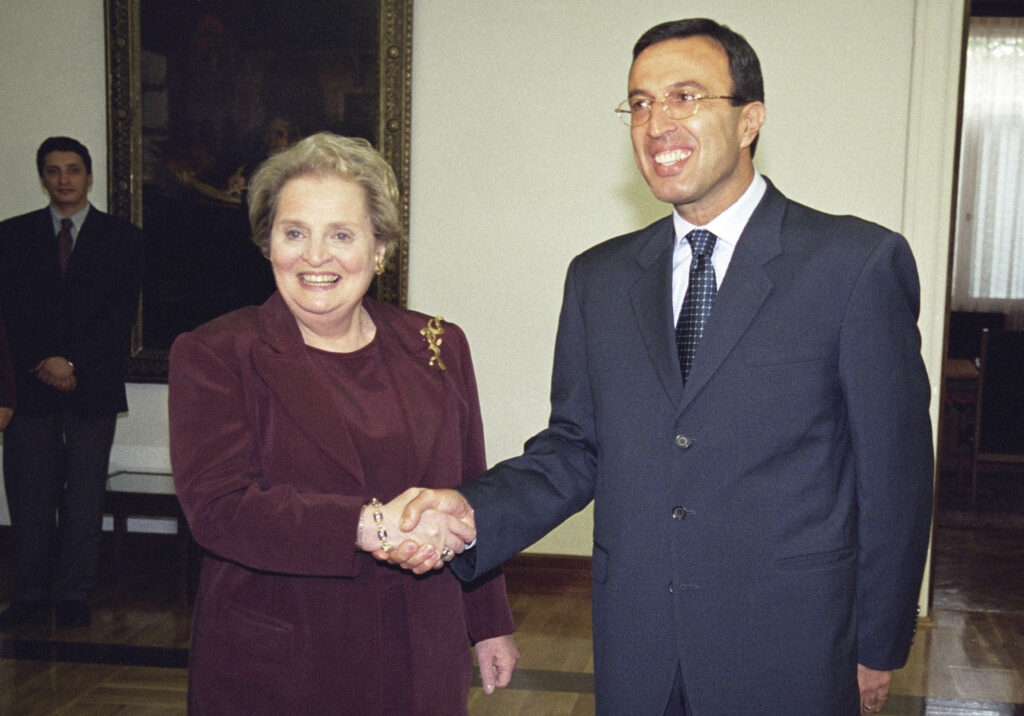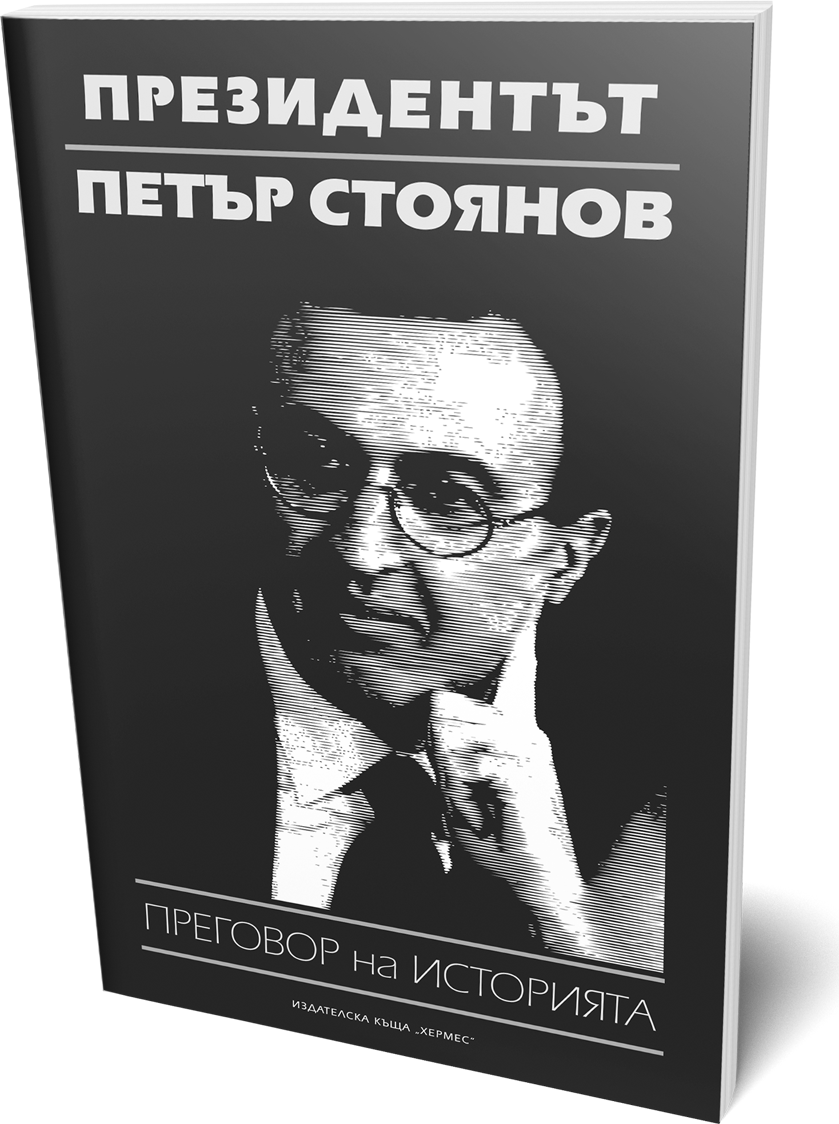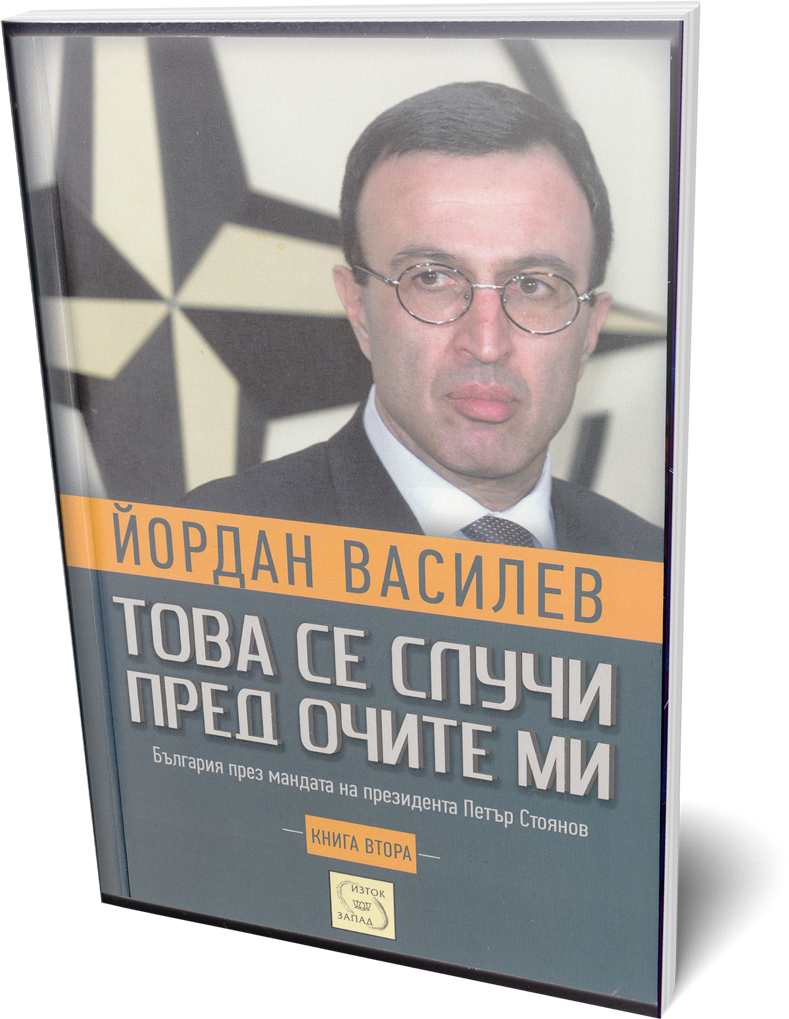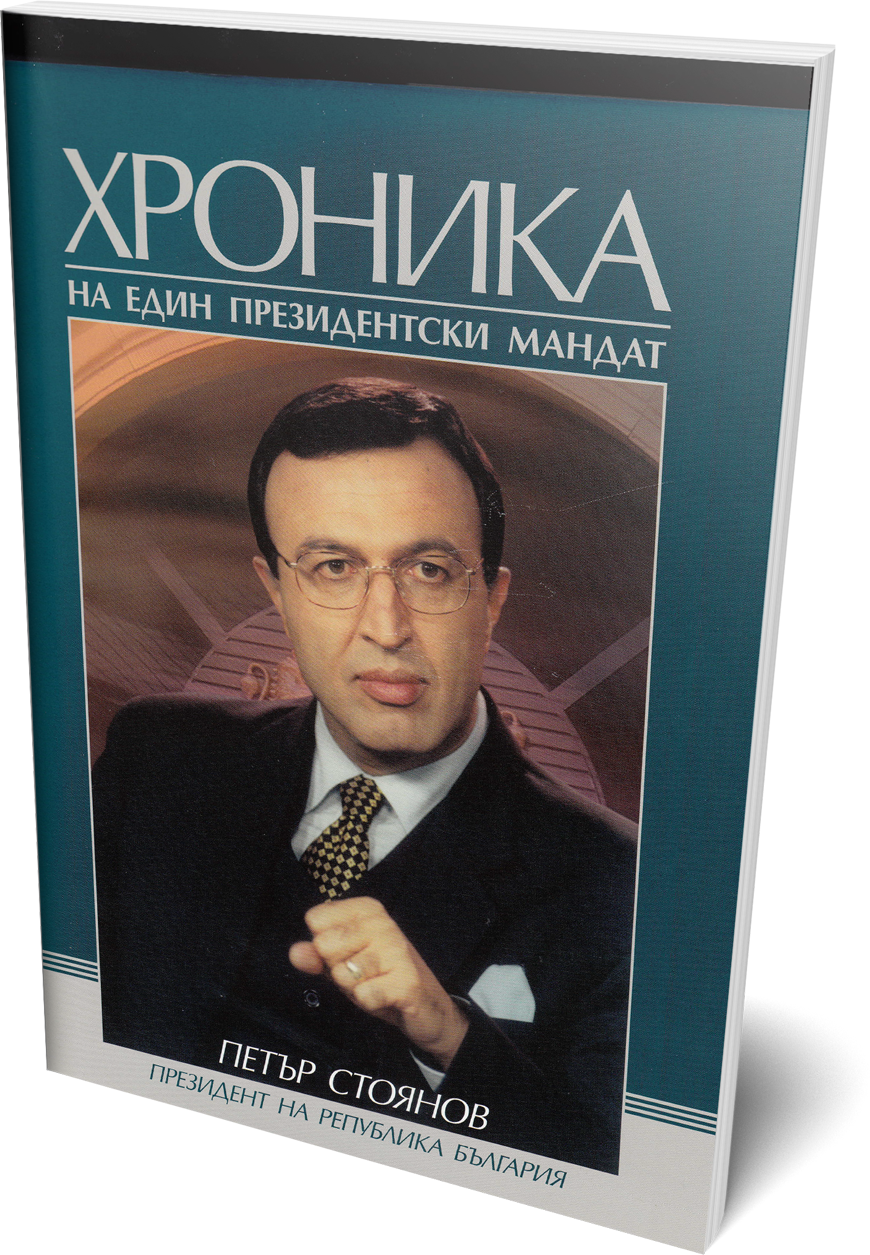by Petar Stoyanov, President of Bulgaria
February 1998
The Washington Post

Like a desperate, hopeless emigrant crushed by 45 years of degrading communism and a period of post-communist lethargy, 12 months ago Bulgaria boarded the ship bound for the Free World carrying with it its stable democratic institutions, the rule of law and a free market economy. At long last, the Bulgarian people rediscovered themselves drawing upon the strength of their 13 centuries of European historic and cultural tradition. They put their country back on the political map from which it was deleted against its will in the wake of World War Two.
My country is said to have been the most loyal satellite of the former Soviet Union. Allegedly, it did so of its own free will. This allegation is the wrong key for unravelling Bulgaria’s most recent history. The facts are different: after the communization of Eastern Europe, Bulgaria was the country where the new system was forced upon the population in the most violent fashion. The toll: 2,618 death sentences and 184,360 sent to communist labor camps (for a country of barely 8 million). In the face of these figures, arguing that my country has paid a lesser price for its present freedom than, for instance, Poland or the Czech Republic is superficial not to say cynical. Least of all is it fair to the Bulgarians who spent their best years in communist camps and prisons.
In late 1991 the first non-communist government set about reforming the country but only 9 months later it was ousted from power. The four solid years of post-communist agony that followed distanced Bulgaria from the “star pupils” of Eastern Europe. This agonizing experience however brought home a very important conclusion: delaying or faking reforms makes people even poorer, leaving them no hope for the future.
Like a patient recovering from a severe illness, in the winter of 1996-1997 Bulgaria rose from its sick bed determined to give it another try by working hard like its forefathers and thinking ahead like its sons and daughters.
Thus my country opted for NATO, the European Union and the democratic world.
Bulgaria does not want to be left behind in a “gray zone”. Gray on the political map loses its subtle beauty and becomes simply ominous.
Today, my country lives at a fast pace:
The early election of April 1997 produced a parliament with an absolute majority of one reformist political force, a strong government and a public opinion supportive of the reform despite its high social price – all these factors adding up to a political status quo unique for Eastern Europe.
The national currency was stabilized. The monthly inflation dropped to around one per cent after reaching 240 under the former communists.
Bulgaria’s credit-worthiness increased several-fold.
The price of the Bulgarian Brady bonds rose by over 50 per cent.
For the first time after the end of the cold war people’s life is predictable.
Bulgaria has closed down its “illusion factory”.
My country’s strategic choice of European Union and NATO membership is no hostile act vis-à-vis Russia. It corresponds fully with our determination to develop our relations with that vast state on the basis of mutual benefit and respect of our sovereignty and national dignity. All the more so, as Russia today is setting a good example in promoting market principles and democratic institutions.
Bulgaria has outlived its post-communist complexes. My country no longer wishes to act as a mere bridge between the NATO members and Russia. Now it prefers to build many bridges, together with other countries.
But, to quote Carl Sandburg: “The shapes of change take their time…”
Today Bulgaria is striving to find its way into the heart of America and into the minds of the Western political elite.
Can’t you see it getting there?

June 1999. Meeting in Sofia with
US Secretary of State Madeleine
Albright.








